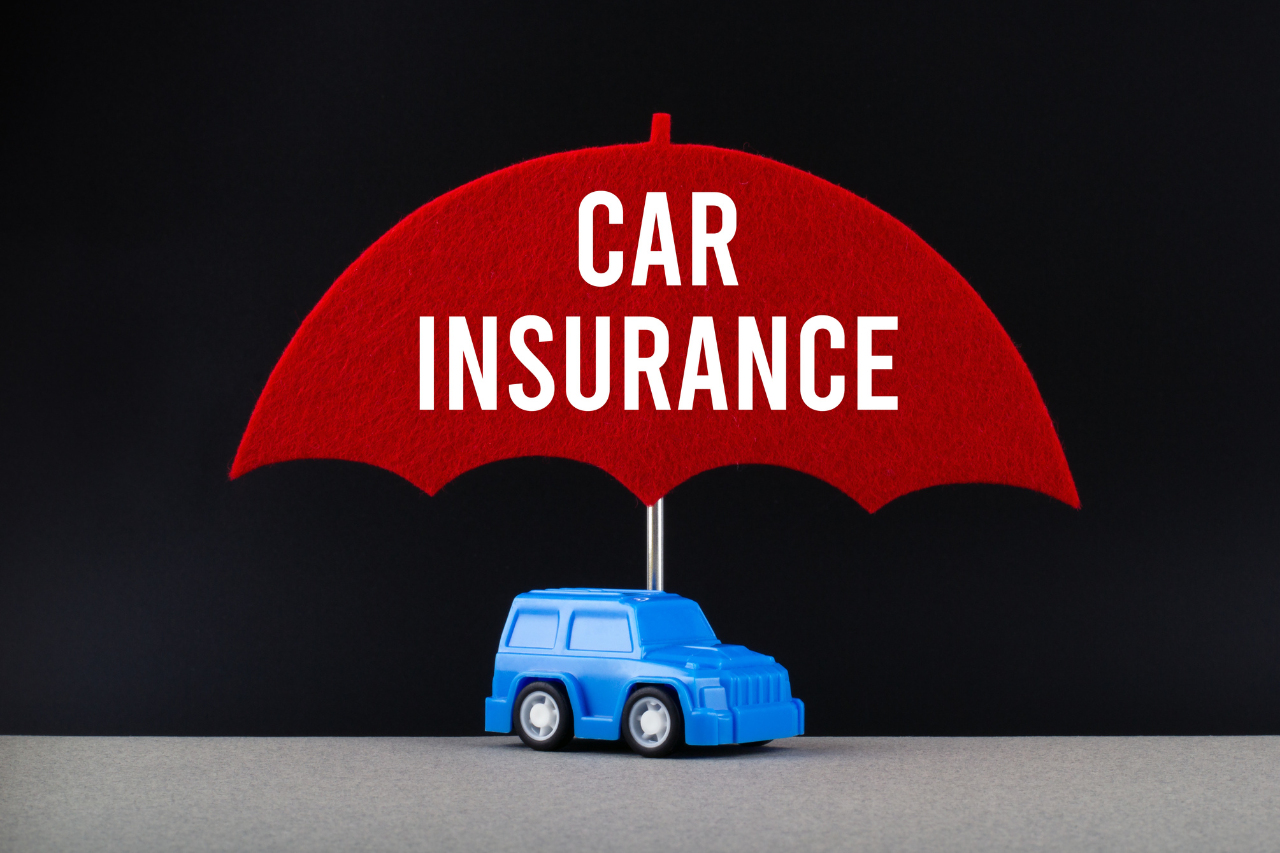
Secure Your Success: Self Employed Insurance

Share:
If you’re self-employed, you’re probably used to shouldering most of the financial responsibility for your business. But what about protecting yourself and your livelihood from unexpected events? That’s where insurance comes in.
What Is Health Insurance for the Self-Employed?
As the name suggests, health insurance for the self-employed is a type of insurance specifically designed to meet the needs of those who work for themselves. This can include freelance workers, contractors, and small business owners.
There are a few key benefits that make health insurance for the self-employed an attractive option:
-It can be used to cover medical expenses not covered by a traditional insurance plan.
-It can be customized to fit the specific needs of the self-employed individual or business owner.
-It can be used to cover employees of the self-employed individual or business owners.
While health insurance for the self-employed is not required by law, it is an important consideration for anyone who works for themselves. Those who do not have insurance may be responsible for paying for their own medical care, which can be expensive.
There are a few different types of health insurance for the self-employed, including private insurance plans, government-sponsored insurance plans, and association health plans. The best option for each individual will depend on a number of factors, including the type of business they have, the number of employees they have, and their personal health needs.
Private insurance plans are typically the most expensive option, but they offer the most flexibility in terms of coverage. Government-sponsored insurance plans are usually less expensive, but they may not offer as much coverage. Association health plans are typically somewhere in between, offering a middle ground in terms of price and coverage.
Is Self-Employed Health Insurance a Business Expense?
Yes, self-employed health insurance is a business expense. This means that it can be deducted from your taxes.
The amount you can deduct will depend on the type of plan you have. For example, if you have a private insurance plan, you can deduct the entire cost of the premium. If you have a government-sponsored insurance plan, you can deduct a portion of the premium. And if you have an association health plan, you can deduct a portion of the premium based on the percentage of the total cost that is paid by the self-employed individual or business owner.
How to Get Self-Employed Health Insurance
There are a few different ways to get self-employed health insurance, including buying a policy directly from an insurance company, buying a policy through a broker, or enrolling in a government-sponsored insurance plan.
The best way to get self-employed health insurance will depend on your specific needs and circumstances. If you are healthy and have few medical expenses, you may be able to find a policy that is both affordable and offers good coverage by buying it directly from an insurance company.
If you have a pre-existing medical condition or expect to have high medical expenses, you may be better off buying a policy through a broker. A broker can help you compare plans and find one that meets your needs at a price you can afford.
If you are not eligible for private insurance, you may be able to enroll in a government-sponsored insurance plan, such as Medicaid or the Children’s Health Insurance Program (CHIP). These programs provide health coverage for those who cannot afford private insurance.
What Is the Average Cost of Self-Employed Health Insurance?
The average cost of self-employed health insurance will depend on a number of factors, including the type of plan you have, the amount of coverage you need, and your personal health needs.
Private insurance plans typically have the highest premiums, but they also offer the most flexibility in terms of coverage. Government-sponsored insurance plans usually have lower premiums, but they may not offer as much coverage. Association health plans typically fall somewhere in between, offering a middle ground in terms of price and coverage.
The Bottom Line
Self-employed health insurance is a type of insurance that is specifically designed for those who work for themselves. It can be used to cover medical expenses not covered by a traditional insurance plan. It can also be customized to fit the specific needs of the self-employed individual or business owner.
While health insurance for the self-employed is not required by law, it is an important consideration for anyone who works for themselves. Those who do not have insurance may be responsible for paying for their own medical care, which can be expensive.
There are a few different types of health insurance for the self-employed, including private insurance plans, government-sponsored insurance plans, and association health plans. The best option for each individual will depend on a number of factors, including the type of business they have, the number of employees they have, and their personal health needs.
The best way to find the right health insurance for the self-employed is to compare quotes from multiple insurers. This will help to ensure that you get the coverage you need at a price you can afford.
Most Popular


Navigate with Confidence: Policy Types

Mortgage Insurance 101: Understanding its Purpose & Necessity

Unraveling Comprehensive Policies!
Subscribe To Our Weekly Newsletter
Categories
Related Posts

Why Your Health Premiums Spiked
Share: If you’ve noticed that your health insurance premium has gone up, you may be wondering why. Many factors can contribute to an increase in the cost of your healthcare coverage, and there are a few key questions to consider when trying to understand why this happened. Does health insurance go up if you use

Navigate with Confidence: Policy Types
Share: Car insurance helps prevent the financial consequences of having an accident. Car Insurance coverage includes liability, collision, and medical payments. There are several types of insurance to consider when buying insurance for a car. Depending on the insurance company and insurance coverage, these insurance plans can vary in scope, cost, and payout benefits. When

Mortgage Insurance 101: Understanding its Purpose & Necessity
Share: Traditionally the target for a home downpayment is 20% of the purchase price, but this isn’t available for most homebuyers. Mortgage insurance gives borrowers a chance to pay less than 20% down on a mortgage. Mortgage insurance will protect the lender when or if the loan has gone into default. If you don’t have

Unraveling Comprehensive Policies!
Share: What is Comprehensive Auto insurance? Comprehensive car insurance is one of the coverage options that can be added to an auto insurance policy. A comprehensive auto insurance policy covers damage to your vehicle that is not caused by collision or theft. This can include damage from events such as fire, storm, hail, or vandalism.
